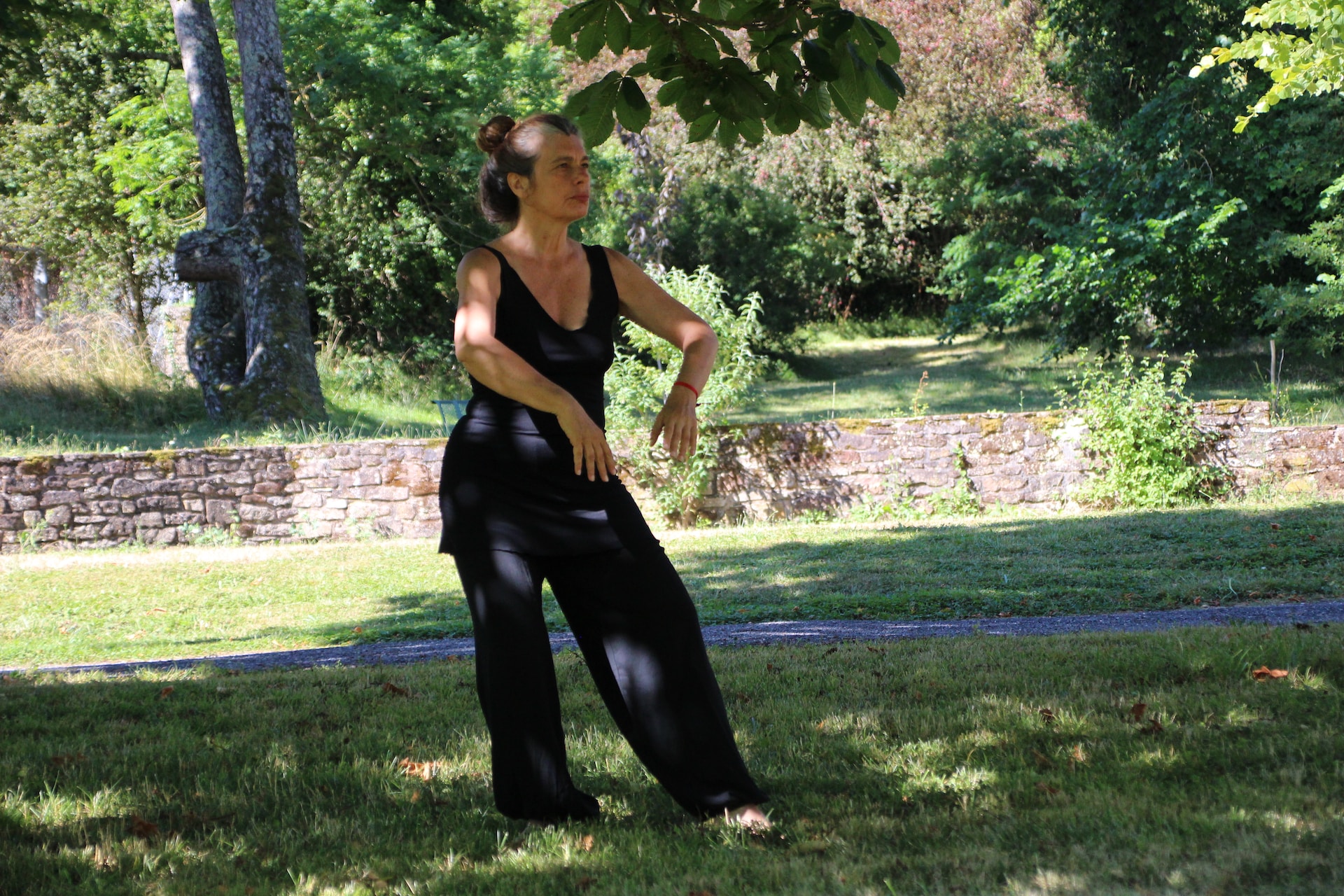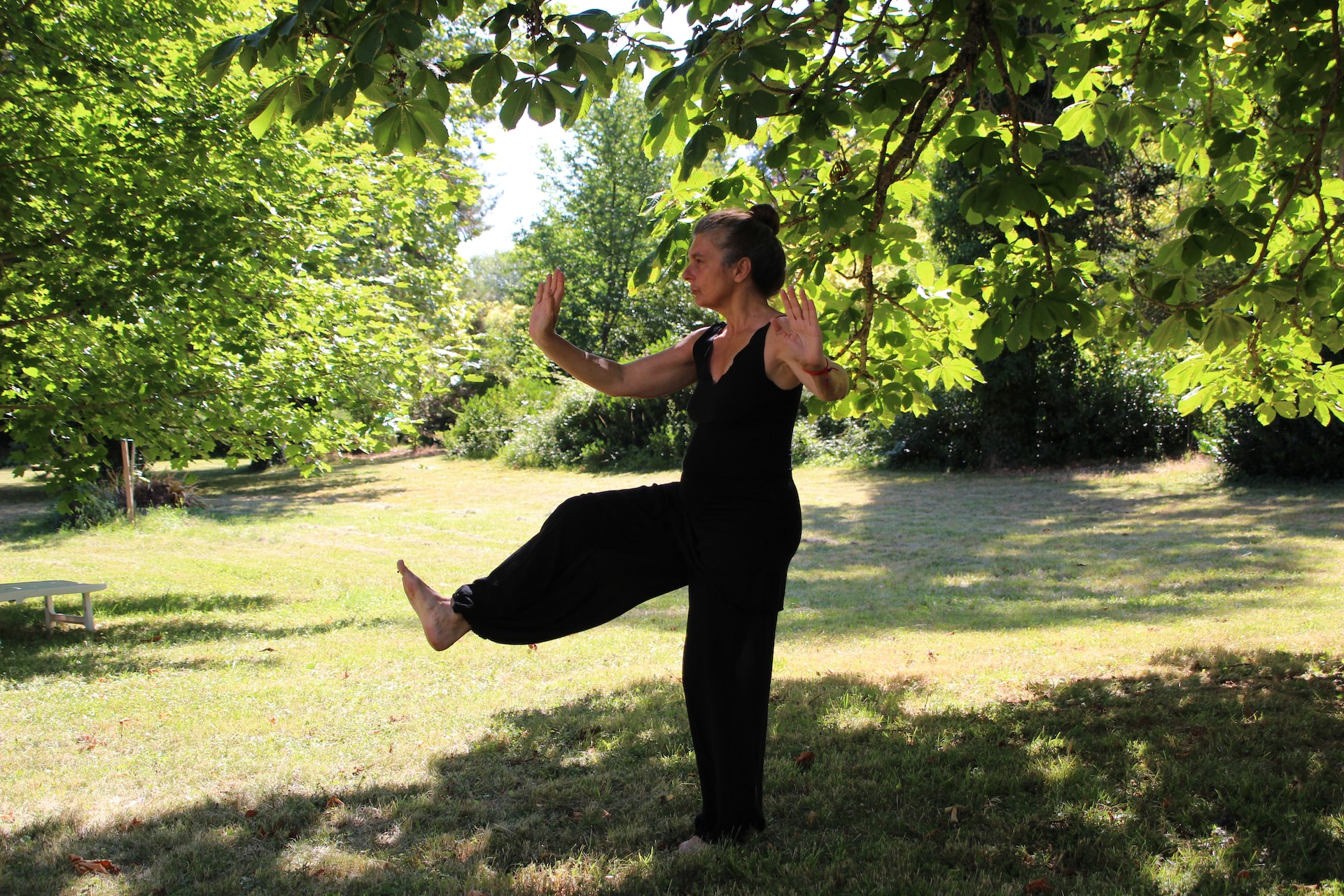Tai Chi, also known as Tai Chi Chuan, is a traditional Chinese martial art that is characterized by slow, fluid movements. It is often practiced as a form of moving meditation and is widely recognized for its health benefits. Among these advantages, it offers many benefits for the nervous system.
An antidote to stress
In our busy daily lives, we are constantly subjected to physical and mental stress. Tai Chi offers an escape from this pressure by allowing us to focus on our body and our breathing. The slow, controlled movements of Tai Chi have a calming effect on the nervous system, which helps reduce stress levels and promote a state of calm and relaxation.
Improved coordination and balance
Regular practice of Tai Chi requires precise coordination of movements and constant balance. By focusing on these aspects, the nervous system is stimulated and strengthened. Connections between the brain and muscles are strengthened, improving overall body coordination. This improvement in coordination and balance is particularly beneficial for people with neurological conditions such as Parkinson’s disease.

Better perception of the body
Tai Chi encourages a deeper awareness of the body and its sensations. Practitioners learn to feel each part of their body, focus on posture, and adjust their movement accordingly. This increased body awareness is essential for maintaining good balance and preventing falls. Additionally, it stimulates sensory receptors, thereby improving communication between the peripheral nervous system and the brain.
Strengthening neural networks
Regular Tai Chi practice has been linked to increased neuronal density in key regions of the brain. Scientific studies have shown that Tai Chi promotes the growth of new connections between nerve cells, thereby strengthening neural networks. This increased brain plasticity helps improve cognitive functions such as memory, attention and problem solving.
Relief from sleep disorders
Many sleep disorders are directly linked to problems with the nervous system. Stress, anxiety and hormonal imbalances can disrupt sleep and lead to problems such as insomnia. Tai Chi, by reducing stress and promoting relaxation, can help improve the quality of sleep. The slow, controlled movements of Tai Chi also activate the parasympathetic system, which promotes rest and recovery.
The spiritual dimension of Tai Chi
Beyond the widely recognized physiological benefits, Tai Chi is also a deeply spiritual discipline that offers a path to self-knowledge and a deeper connection with the universe. This spiritual dimension, often neglected in discussions of Tai Chi, is just as essential to the overall health of the individual.
Exploring the inner dimension
Tai Chi is much more than a series of movements: it is a meditation in movement. Through this meditation, practitioners are invited to explore their inner dimension, to recognize their thoughts and emotions, and to find balance between body, mind and soul. This state of mindfulness not only improves concentration, but also promotes better emotional management.
Establishing a universal connection
The philosophy of Tai Chi is based on the principles of Taoism, which teaches harmony between man and nature. By practicing Tai Chi, we seek to balance Yin and Yang, the opposing and complementary forces that govern the universe. By connecting to these universal forces, the practitioner can feel a sense of belonging and unity with the world around them. This can help reduce the feelings of isolation and alienation that many people feel in the modern world.
Awakening of spiritual awareness
With regular and thorough practice, Tai Chi can lead to an awakening of spiritual awareness. This awareness can manifest as greater self-understanding, increased sensitivity to surrounding energies, and an ability to live in the present moment more authentically. This spiritual awakening can also help one find meaning and purpose in life, thereby enriching the human experience.
Impact on mental health
It is now proven that spiritual health positively influences mental health. By integrating the spiritual dimension into the practice of Tai Chi, individuals can benefit from an improvement in their mental well-being. Reducing anxiety, improving self-esteem, and managing emotions are just some of the psychological benefits associated with regular Tai Chi practice from a spiritual perspective.

Contribution of Tai Chi in emotional regulation
One of the less explored aspects of Tai Chi is its direct impact on emotional regulation. In a world where our emotions are constantly solicited, this traditional martial art presents itself as a solution to help with emotional balance.
Balancing emotions through movement
The slow, deliberate movements of Tai Chi are more than just moving meditation. Each gesture, each position, is an invitation to harmonize with your emotions. For example, by focusing on a particular movement, an individual can channel and soothe a negative emotion, thereby transforming anger or frustration into positive, constructive energy. This transformation, although it may seem subtle at first, has a deep impact about how we perceive and interact with the world around us.
Emotions and vital energy
In the philosophy of Tai Chi, our emotions are intimately linked to our Qi, or vital energy. Negative or stagnant emotions can obstruct the flow of Qi, while positive and balanced emotions can improve its circulation. By practicing Tai Chi, we learn to recognize and move this energy, thus facilitating better management of our emotions. This is especially beneficial for those who often feel overwhelmed by their emotions or are looking for ways to manage emotional stress.
The role of Tai Chi in preventing emotional disorders
More and more studies suggest that Tai Chi can play a significant role in preventing emotional disorders such as depression or anxiety. The combination of mental focus, controlled breathing and physical movement can create a buffer against the stressors of daily life. Of course, as with any wellness intervention, Tai Chi is not a miracle solution and should not replace conventional treatments. However, it offers a complementary approach for those looking to improve their emotional well-being.













